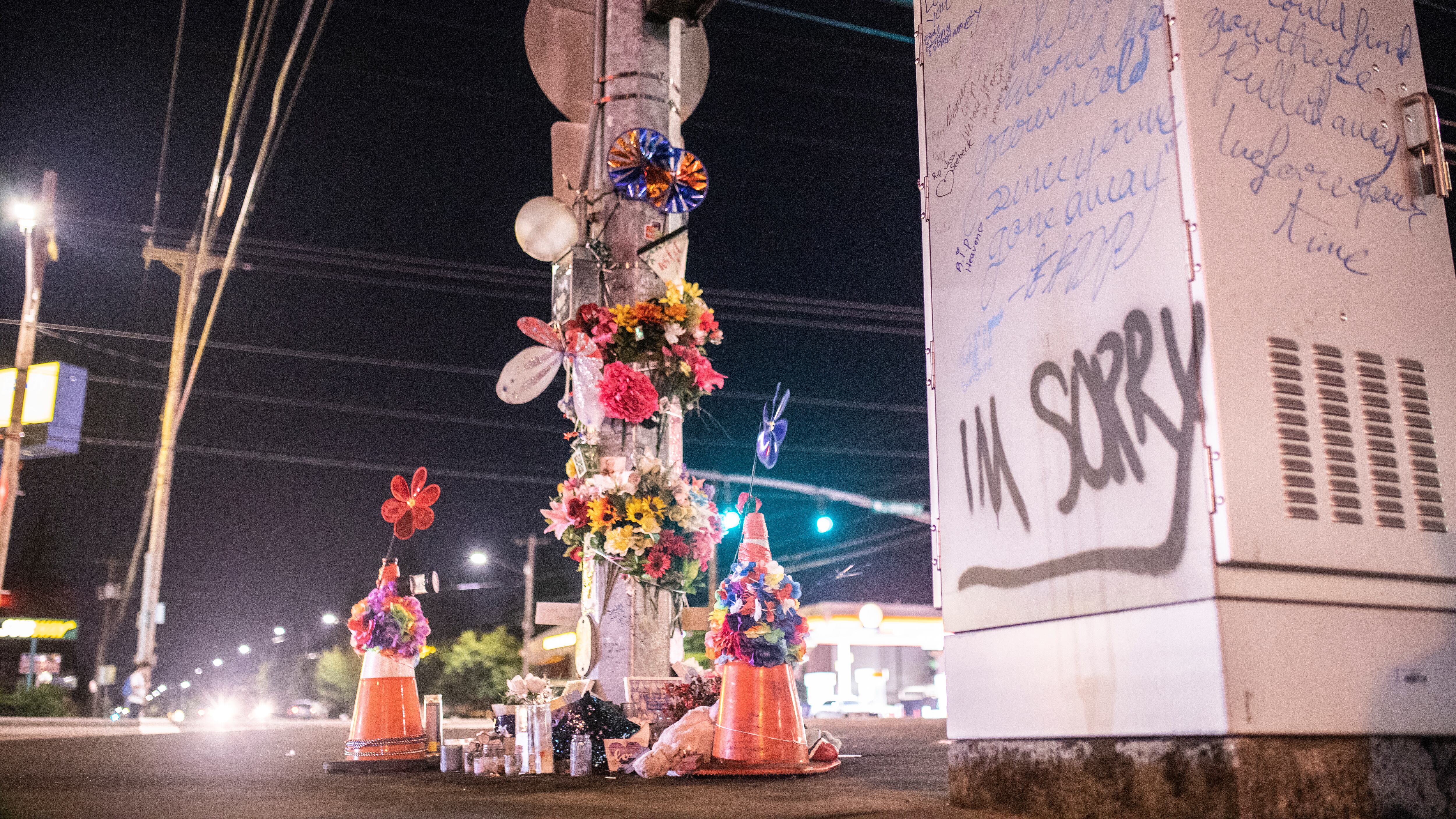City Commissioner Chloe Eudaly says the Portland Police Bureau needs to assign more officers to DUII patrols.
"There's just no denying that we need more enforcement, period," she tells WW. "I've lived and driven in the city for over 30 years and I cannot believe the flagrant disregard for laws and human life that I see almost every day."
Eudaly, who oversees the Portland Bureau of Transportation, called for more drunk-driving enforcement in a wide-ranging interview with WW this week.
It's somewhat unusual for a commissioner to recommend a policy change in a bureau she doesn't oversee. (Mayor Ted Wheeler runs the Portland Police Bureau.) But her call for more DUII cops comes as Portland experiences a spike in traffic deaths.
At least 36 Portlanders have died in traffic this year—more than in all of 2018. The rise in deaths comes as city officials have spent more than $100 million on a traffic safety program called "Vision Zero" aimed at eliminating those deaths.
Yet police staffing for traffic patrols has decreased. As WW reported in August, the police traffic division deployed 33 motorcycle cops five years ago. Today, it has the full-time equivalent of 12.
The traffic cops who remain say they can only respond to drunk drivers after crashes happen. And some safety advocates say drivers are ignoring speed limits and driving under the influence because they know the laws aren't enforced.
"People are dying," Eudaly says, "and drivers are seeing people breaking the law, so why shouldn't they? There's no consequences."
Yet traffic enforcement isn't a part of Vision Zero—and in fact is controversial in City Hall. That's because racial-justice advocates argue traffic officers are more likely to pull over motorists of color, and argue that less enforcement means less encounters between police and minorities.
That's what Commissioner Jo Ann Hardesty argued at City Council last month—leading to a tense exchange with Eudaly.
"Throughout the country and PDX," Hardesty later said on Twitter, "we have seen time and time again how traffic stops are weaponized against communities of color and low-income communities."
Another wrinkle in the debate: Police admitted to City Council this year that the bureau used cannabis tax dollars to backfill its budget, not to add new traffic patrols. Eudaly now calls that backfilling "a dealbreaker" which would keep her from voting to renew the tax.
Here's a sampling of what Eudaly told WW this month.
WW: The city has struggled to reduce traffic deaths. Do we need more DUII enforcement from the Police Bureau?
Eudaly: Yeah. I mean, there's just no denying that we need more enforcement, period. I've lived and driven in the city for over 30 years and I cannot believe the flagrant disregard for laws and human life that I see almost every day. […] There's a lot of factors other than enforcement, and I think you can tell I'm loath to say, "Yes, more police." But people are dying and drivers are seeing people breaking the law, so why shouldn't they? There's no consequences.
WW: So would you reallocate existing police within the bureau to traffic from other duties?
Eudaly: The cannabis tax dollars that have gone to traffic enforcement, it was always my understanding that that would be supplementing the budget, not supplanting money—which is what they actually did. My justification for them getting that money is that we have another intoxicant, a legal intoxicant. We know people will be consuming it and driving, therefore it's legitimate that we would need more enforcement. Well, we got zero additional enforcement. I've made it really clear to the mayor and the bureau that I won't, I won't vote for that again. It's a dealbreaker.
I have publicly questioned the Gun Violence Reduction Task Force. I want to see the bureau allocate resources based on data. And I believe last year eight people died of homicide. They were not all shooting victims. And 30 plus people died on our streets due to reckless driving. Mostly speeding, sometimes intoxicants. Most of those people—the pedestrians in particular—were using the street legally, responsibly, obeying the rules and they were killed.
What I'm comfortable saying now is, I just want to see the rationale for how they allocate their existing resources before we give them more money.
UPDATE, 5:40 pm Sept. 20: Eudaly's office says she misstated the number of homicides in 2018. Portland police investigated 29 homicides, not including shootings by officers.

